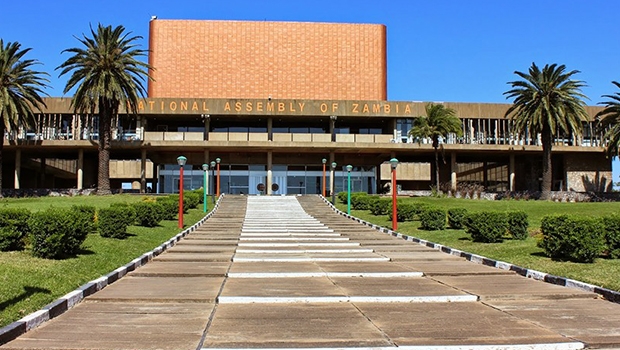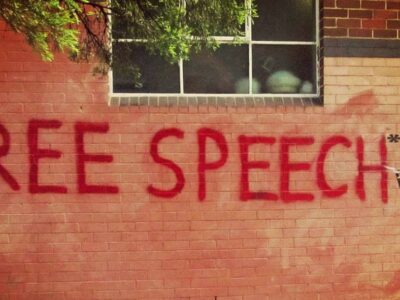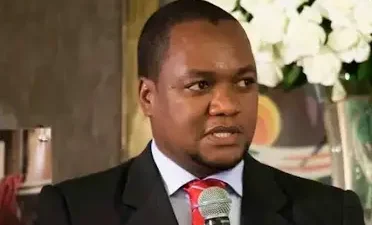As Zambia navigates the delicate balance between free speech and regulation, the roles of Parliament and the Courts are becoming increasingly crucial in ensuring that laws both protect and promote freedom of expression.
Free speech is universally recognized as a cornerstone of democracy, allowing citizens to express themselves, share ideas and hold those in power accountable.
In Zambia, this principle is vital for a thriving democratic society.
However, the rise of misinformation and hate speech has highlighted the need for effective regulation.
Parliament plays a critical role in crafting laws that manage these challenges while safeguarding free speech.
The Courts, as the guardians of the Constitution, are responsible for ensuring that legislation passed by Parliament does not infringe upon citizens’ rights to free expression.
They must apply laws in ways that minimize restrictions and protect the rights of marginalized groups.
Several high-profile cases in Zambia underscore the importance of judicial oversight in this regard:
The Post Newspapers Case: The Courts played a pivotal role in protecting the rights of this independent media outlet, reinforcing the importance of press freedom in Zambia.
Chansa Kabwela Case: Journalist Chansa Kabwela was acquitted, highlighting the necessity of careful judicial consideration when it comes to restricting free speech.
In March 2024, President Hakainde Hichilema publicly reiterated his government’s commitment to protecting human rights. This included reforms to the Public Order Act (POA) and the repeal of the law criminalizing defamation of the President.
The President’s administration also addressed police misconduct, issuing an apology for unacceptable actions by officers in Kabwe and the Copperbelt.
Additionally, the Sistah Sistah Foundation, an NGO advocating against sexual and gender-based violence, led a march in Lusaka.
Despite having a permit, police detained three foundation members and another protester under POA provisions, alleging that the demonstration’s purpose—to promote LGBTI rights—differed from its stated aim.
The members were released on police bond, and their cases are under further investigation.
Youth activist Gabriel Banda, a former president of the University of Zambia (UNZA) student union, was arrested in connection with student riots at UNZA on September 18 and 19.
The accusations against him related to statements posted on social media. Following public demands for his release, Banda was freed on bail after seven days and faces charges of criminal trespass and inciting violence.
His trial was expected to proceed by the end of the year.
Read More: Combating misinformation, media deception, by Hannet Mwimbe
In October 2023, the Independent Broadcasting Authority (IBA) filed a complaint against Hot FM radio station concerning an interview with historian Sishuwa Sishuwa.
The complaint centered on remarks suggesting that the President viewed himself as representing only parts of the country.
This action underscored the ongoing tensions between media freedom and governmental scrutiny.
University of Zambia scholars have consistently advocated for a legal framework that balances free speech with regulation. They urge Parliament and the Courts to work together to ensure that laws protect this fundamental right while addressing the challenges posed by misinformation and hate speech.
A well-balanced approach is essential for maintaining the integrity of Zambia’s democracy and upholding the principles of free expression.
WARNING! All rights reserved. This material, and other digital content on this website, may not be reproduced, published, broadcast, rewritten or redistributed in whole or in part without prior express permission from ZAMBIA MONITOR.












Comments